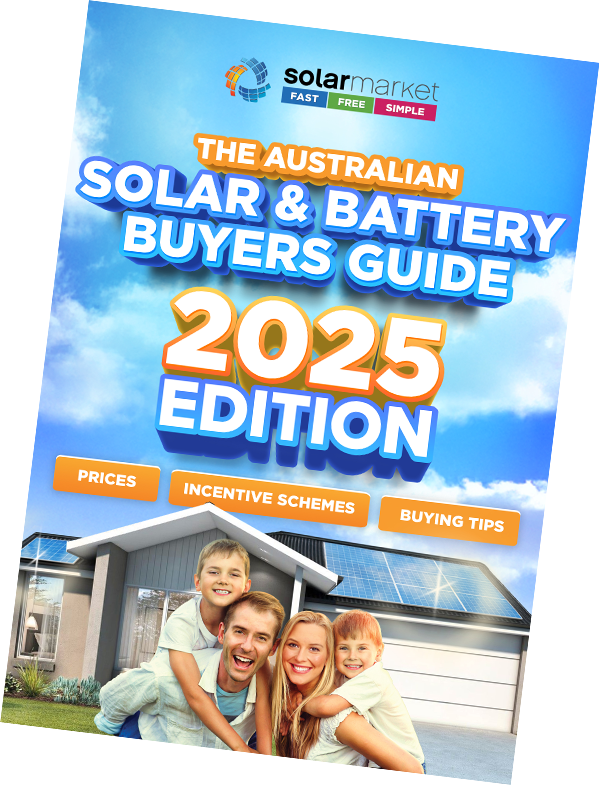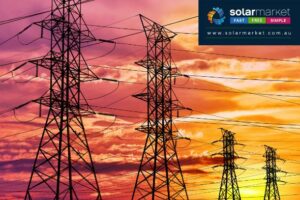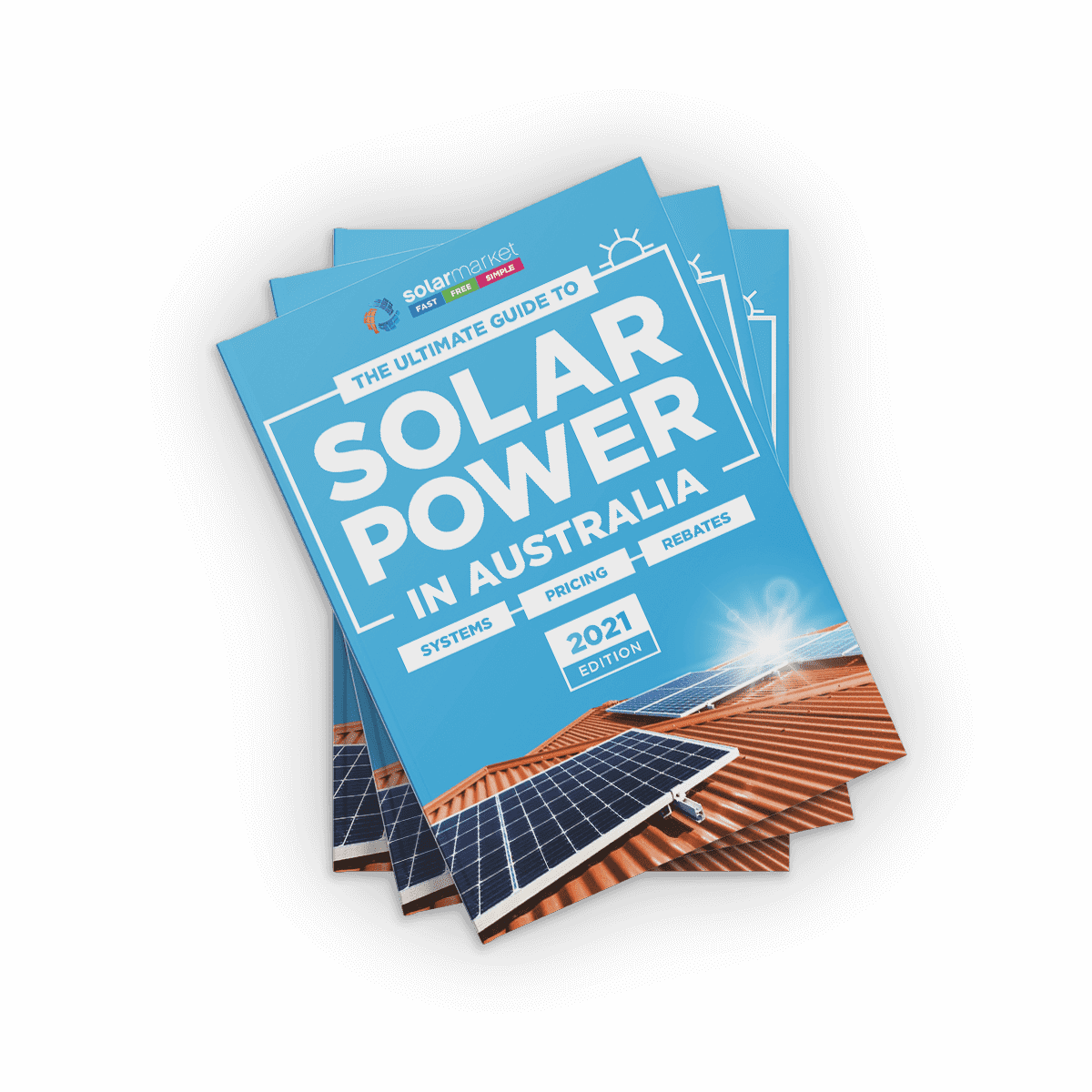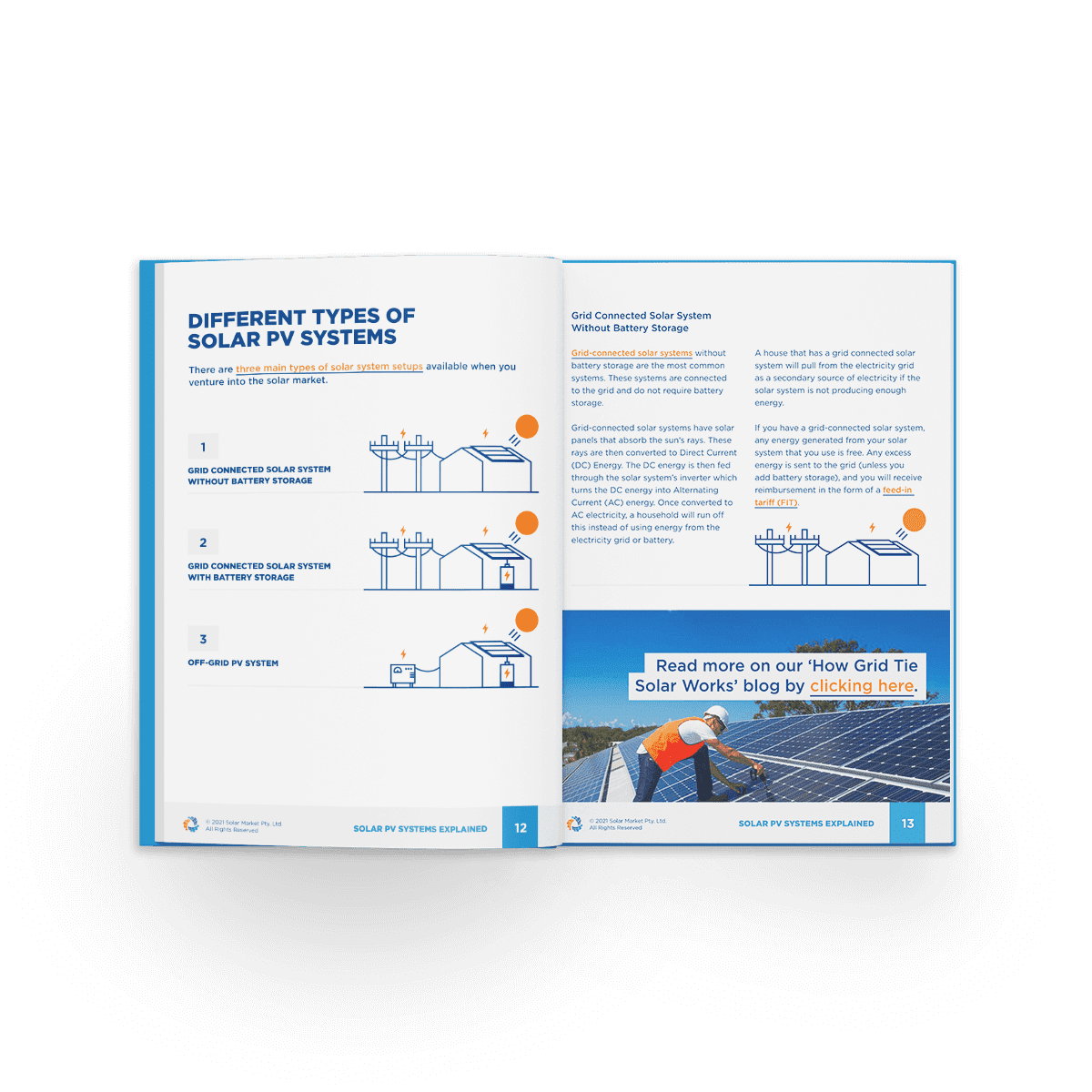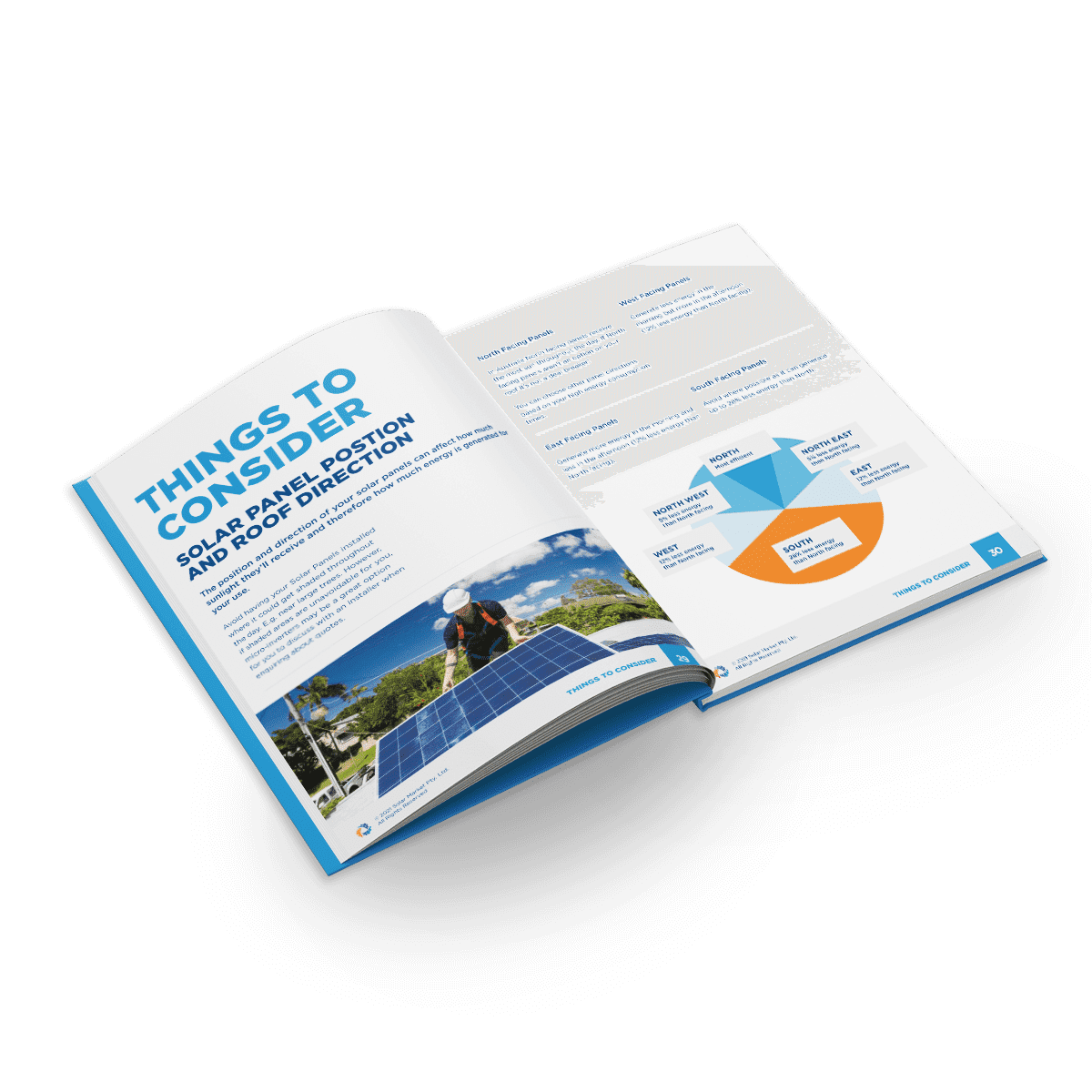Although solar panels are relatively low maintenance, there are few things you need to check regularly to ensure your solar system lasts.
1. Check Solar Panels Are Clean and Secure
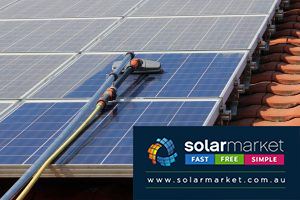
As explored in a few other blogs, cleaning your solar panels should be part of your bi-annual routine. Dust, debris, bird droppings, leaf litter and sap can coat your panels and reduce their energy output and efficiency.
If you are cleaning solar panels yourself, you should:
- Clean with warm (not hot) soapy water and use a soft brush to remove harder bits of grime (never use an abrasive cleaning brush or sponge).
- Clean your panels in the cooler parts of the day (preferably early morning or late afternoon).
While you are on the roof, check that your panel infrastructure is still securely in place with no signs of damage or corrosion.
2. Check Your Solar Panels Aren’t Corroded
Following on from the last checklist item, ensure that you check your solar panels for weathering, rust and damage at least twice a year (more if you live by the coast).
Although highly rust-resistant solar panels may become subject to rust if there is cracks to the vacuumed sealed back sheet.
When weathering or rust occurs, your solar system may become less efficient. If left unattended it may also become a safety risk. If you see signs of damage check your solar panel warranty and call your installer for a checkup.
4. Check Wiring Hasn’t Been Damaged
It is good to get in the habit of checking the wiring on your solar system. If they are exposed to the elements ensure they are not damaged and have not been impacted by dirt or water.
Wiring that is broken or corroded can lead to serious safety concerns. Like mentos and coke, electricity and water should not mix.
If you find a wire that has been damaged make sure you call your installer immediately.
5. Check Access To Isolator Switches Are Clear
Ensure access is always clear to your isolator switch.
In the event of an emergency, you need quick, easy access to this switch as it is the only place you can manually disconnect the solar PV system.
This switch will also be used when maintenance, repairs or upgrades occur, so be sure not to store anything in front of it.
6. Conduct Regular Electrical Checks and System Fault Checks
Electrical Check
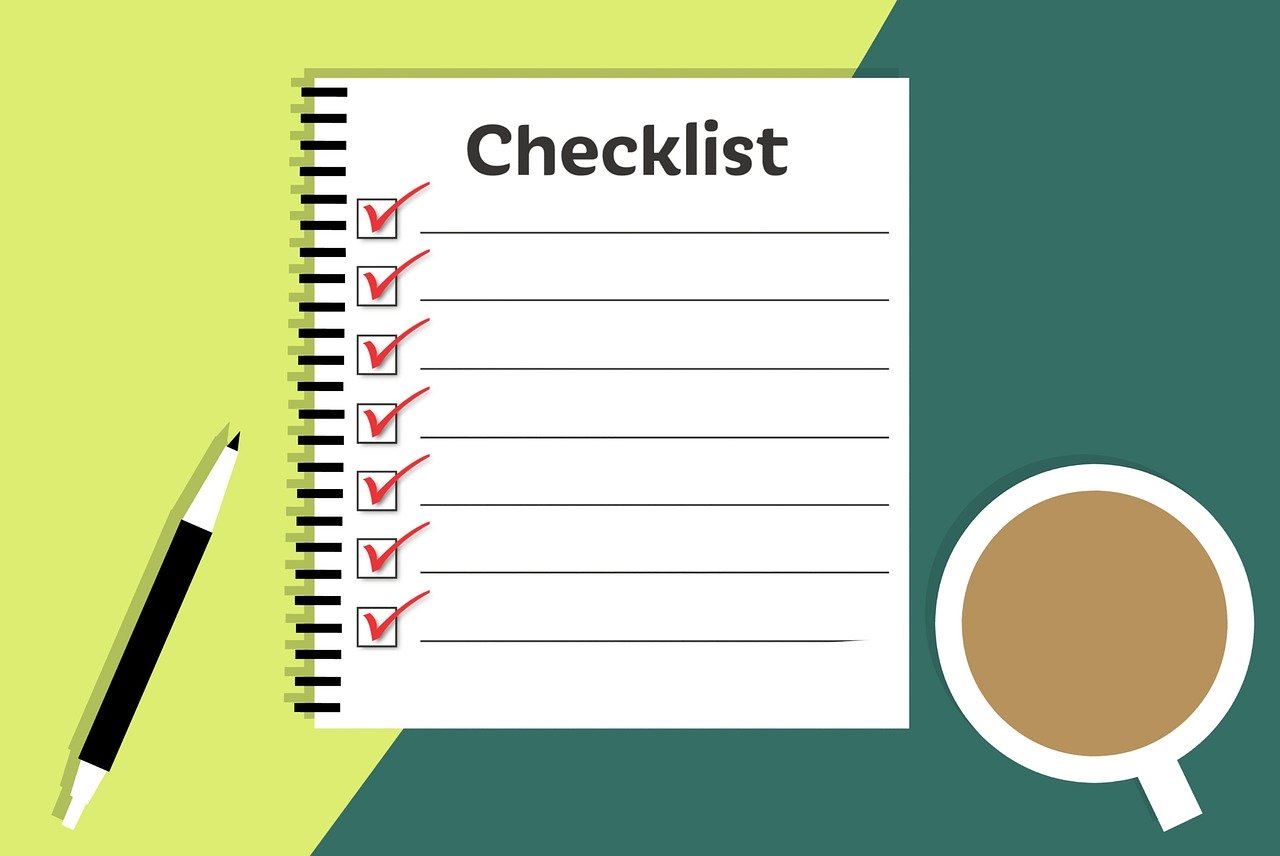 Image from OnlineTradesmen.ie
Image from OnlineTradesmen.ie Using your inverter panel you can conduct routine checks to see if your solar system is flagging for any electrical faults.
If your solar PV comes back with ground faults, call your solar installer ASAP. Ground faults can be extremely dangerous if left unattended and cause electric shocks.
Solar PV System Faults
If you are experiencing a drop in panel efficiency or your inverter light has switched from green to red then you may have a system fault. Check in your handbook what the fault code means.
For more on why your solar panels might not be working efficiently, check out this blog.
Need More Help?
Need more help on everything solar? Visit our blog section for everything there is to know about solar panels, maintenance and troubleshooting.
If you haven’t got solar, Solar Market connects you with 3 free no obligation quotes to solar installers within your local area.



